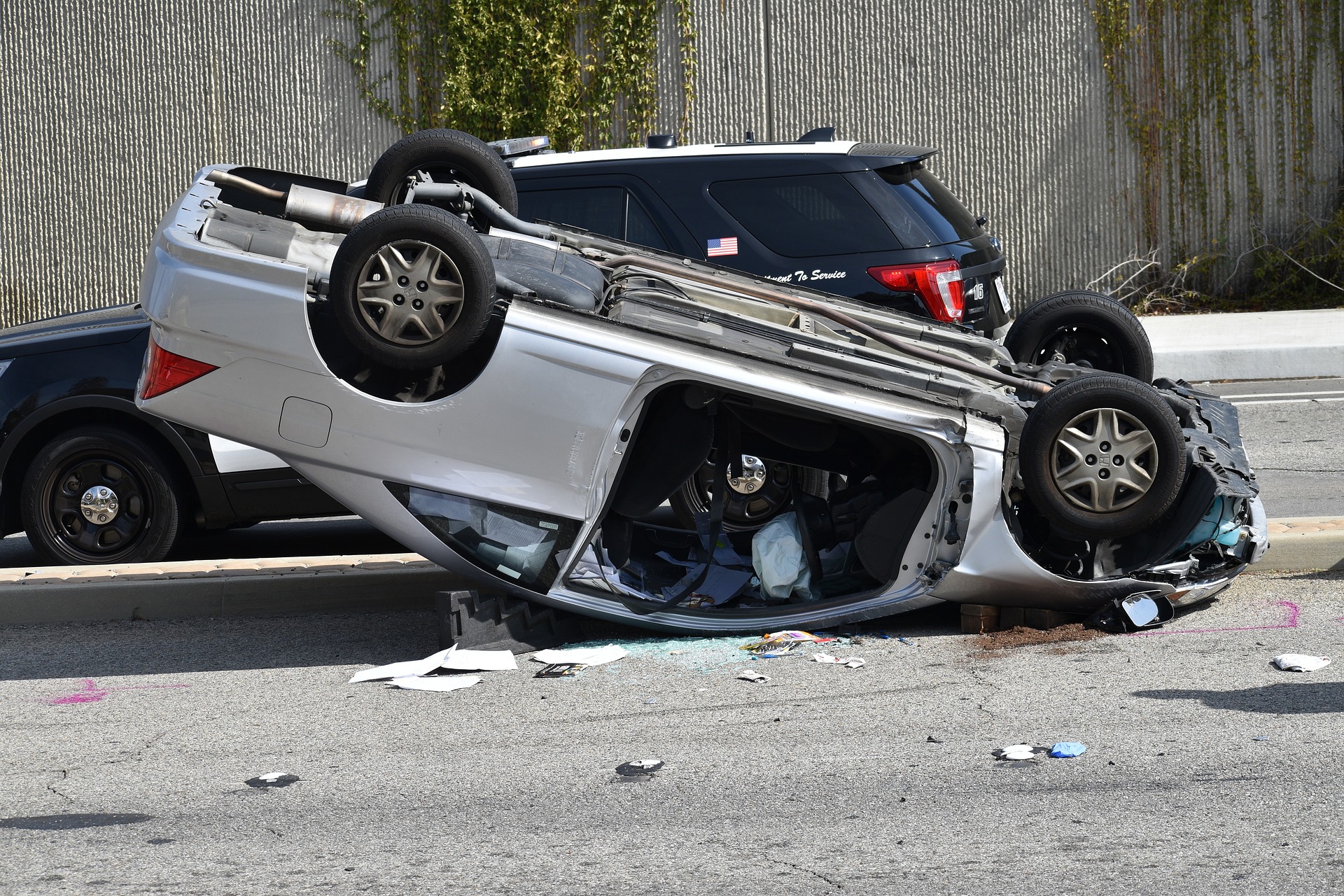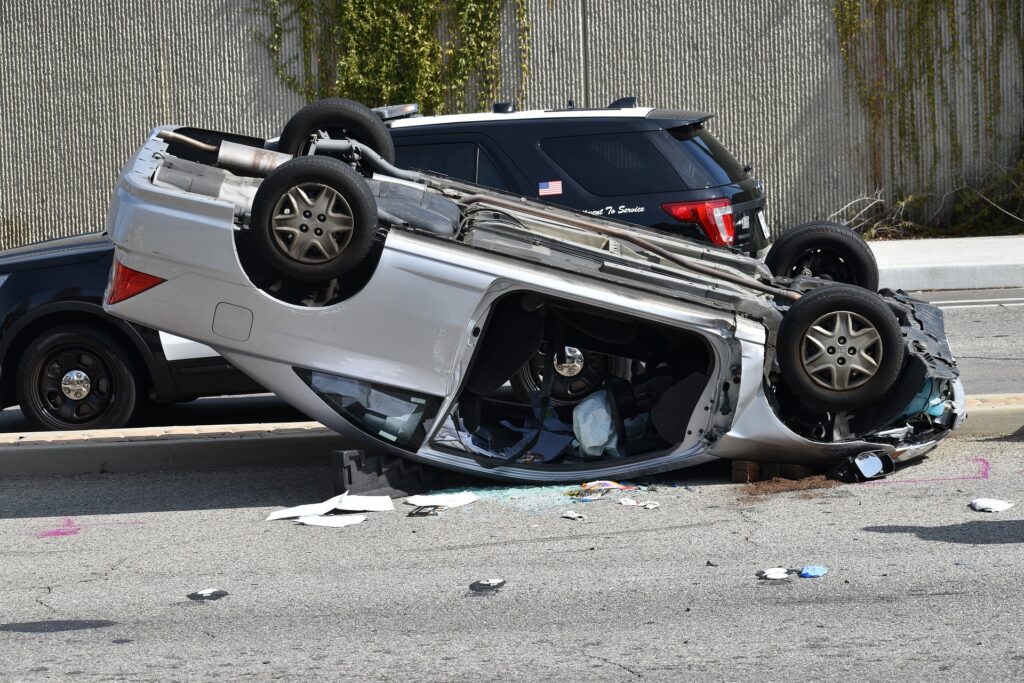
Recording a Video While Driving – JUST STOP!
Driving while videoing, or more commonly known as “distracted driving,” is a growing problem on the roads. It refers to any activity that diverts the driver’s attention away from the road, such as using a cellphone, eating, or applying makeup.
In recent years, video recording while driving has become a popular trend among social media users, but it comes with serious risks and legal consequences.
According to the National Highway Traffic Safety Administration (NHTSA), distracted driving caused 2,841 deaths in 2018, which is a 12.4% increase from the previous year.
Additionally, the NHTSA reports that in 2019, 3,142 people were killed in motor vehicle crashes involving distracted drivers. Video recording while driving can contribute to these statistics by creating more distractions for the driver, making it more challenging to react to potential hazards on the road.

Video recording while driving also poses a significant risk to other drivers, passengers, and pedestrians. It diverts the driver’s attention from the road and can cause them to miss important traffic signals or signs, resulting in accidents. Additionally, drivers who are video recording may drive erratically or drift out of their lanes, creating further hazards for those around them.
Legal ramifications of driving while videoing vary by state, but most have strict laws in place to discourage it. In many states, it is illegal to use a phone while driving, including for video recording purposes. In some states, video recording while driving is considered a primary offense, meaning that police can pull over drivers who they see doing it. Offenders may face fines, points on their driving record, or even have their licenses suspended.
In some cases, video recording while driving can also result in criminal charges. If the driver causes an accident that results in injury or death, they may be charged with reckless driving, vehicular manslaughter, or other criminal offenses.
Think about this – you’ve just given attorneys recorded evidence that can be used against you. The severity of the charges will depend on the circumstances of the accident, including whether the driver was intoxicated or violating other traffic laws.
In conclusion, video recording while driving is a dangerous practice that can lead to accidents, injuries, and even death. You may think that you are fine, you are keeping your eyes on the road and that it’s no big deal. However, you are fooling yourself. Pull over and take the 60 seconds to record your message or content while you are safely stopped.
It is important for drivers to remain focused on the road and avoid any activities that can distract them while driving. Furthermore, obeying traffic laws and regulations is essential to keep everyone safe and prevent legal repercussions. Remember, no video or social media post is worth risking lives on the road.









Comments
Comments are closed.